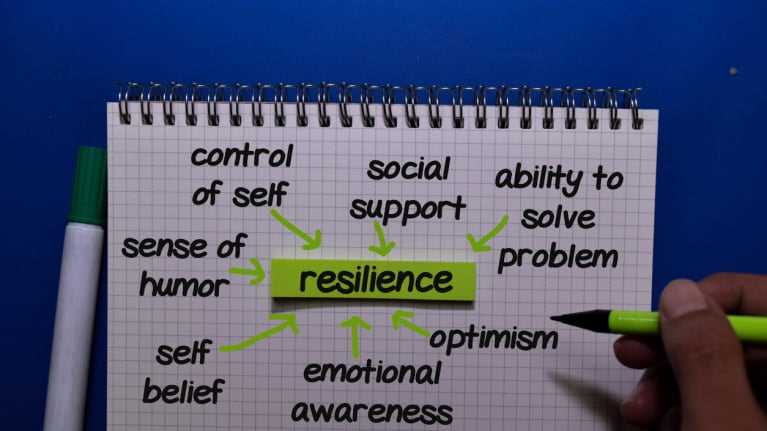
Building stress resilience among workers in the humanitarian field is of paramount importance. The demanding nature of their work, coupled with the challenging environments they often find themselves in, can take a toll on their mental and emotional well-being. It is crucial for these workers to develop the necessary skills and strategies to effectively cope with stress and prevent burnout.
Resilience is the ability to bounce back from adversity and maintain a sense of well-being in the face of challenging circumstances. In the context of humanitarian work, stress resilience is especially vital as workers are exposed to high levels of stress on a regular basis. By building stress resilience, workers can enhance their ability to adapt to difficult situations, maintain their physical and mental health, and continue to provide much-needed assistance to those in need.
There are various techniques and practices that can help humanitarian workers build stress resilience. These include self-care activities such as regular exercise, healthy eating, and sufficient sleep. Engaging in activities that bring joy and relaxation, such as hobbies or spending time in nature, can also contribute to stress reduction and resilience building.
Additionally, developing strong social support networks is crucial for stress resilience. Connecting with colleagues, friends, and family members who understand the unique challenges of humanitarian work can provide a valuable source of emotional support. Sharing experiences, seeking advice, and offering mutual encouragement can help alleviate stress and build resilience.
Section 1: Understanding Stress in Humanitarian Work
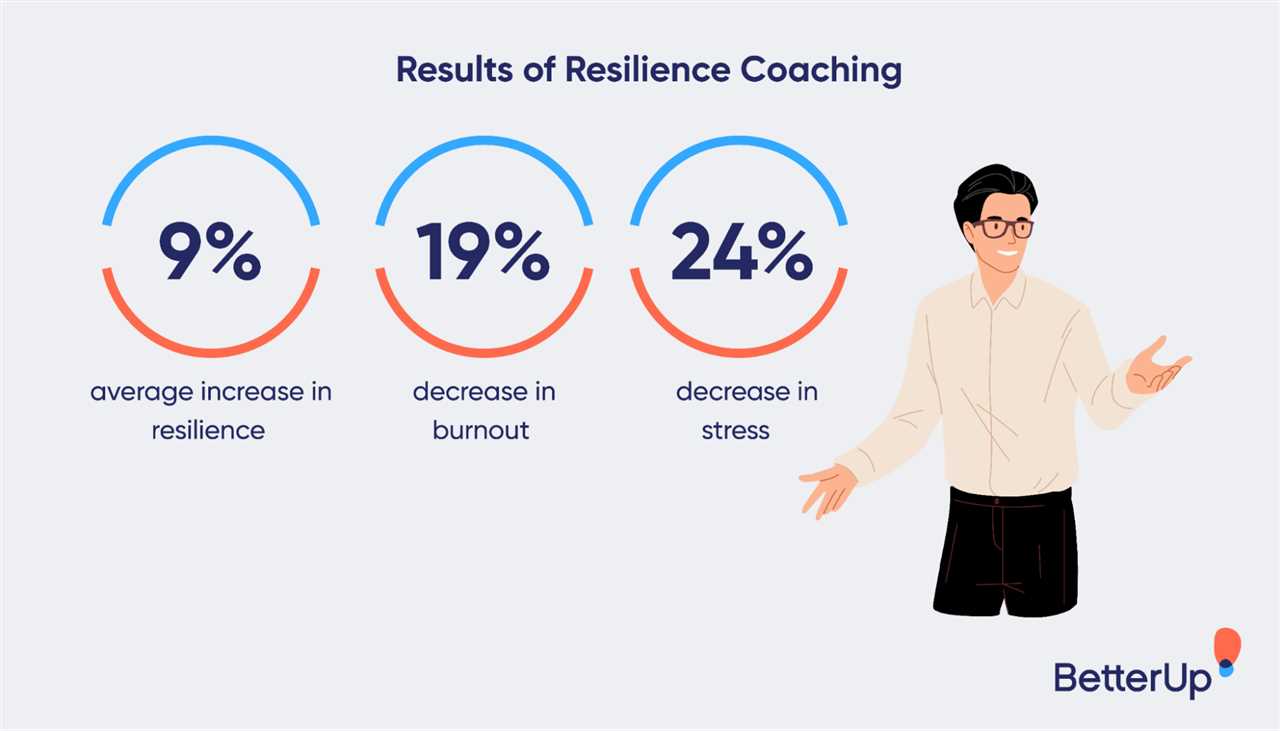
Stress is a common experience among humanitarian workers who tirelessly dedicate themselves to providing aid and assistance to those in need. The demanding nature of their work, often in high-pressure and volatile environments, can take a toll on their mental and emotional well-being.
Humanitarian work involves responding to crises, natural disasters, conflicts, and other emergencies, which can expose workers to traumatic events, challenging working conditions, and long hours. This constant exposure to stressors can lead to burnout, compassion fatigue, and other negative consequences.
It is crucial to understand the impact of stress on humanitarian workers and develop strategies to build resilience. Resilience refers to the ability to adapt and bounce back from adversity, and it plays a vital role in maintaining well-being and effectiveness in the face of stress.
By understanding the unique stressors faced by humanitarian workers and developing resilience-building techniques, organizations and individuals can better support their mental and emotional health. This section will explore the various stressors in humanitarian work and provide insights into building stress resilience.
The Impact of Stress on Humanitarian Workers
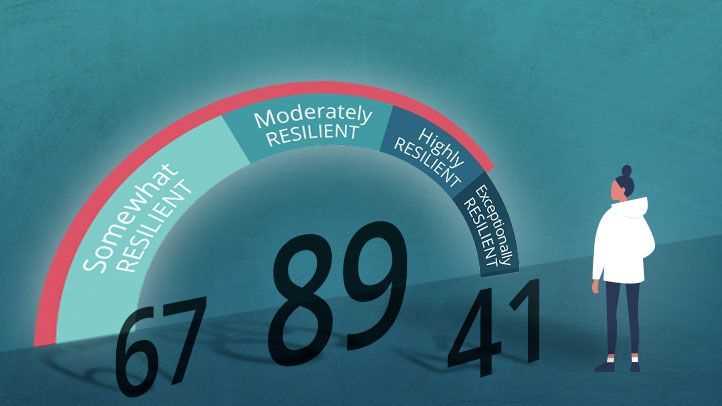
Stress is a pervasive and inevitable part of the work of humanitarian workers. These individuals are often exposed to high levels of stress due to the demanding and challenging nature of their work. The constant exposure to traumatic events, long working hours, and limited resources can take a toll on their mental and physical well-being.
One of the main impacts of stress on humanitarian workers is the risk of burnout. Burnout is a state of chronic physical and emotional exhaustion, often accompanied by feelings of cynicism and detachment from work. It can lead to decreased productivity, increased absenteeism, and a higher turnover rate among workers.
Stress can also negatively affect the overall resilience of humanitarian workers. Resilience is the ability to bounce back from adversity and maintain well-being in the face of stress. High levels of stress can erode resilience, making it more difficult for workers to cope with the challenges they face on a daily basis.
Moreover, stress can have detrimental effects on the mental health of humanitarian workers. It can contribute to the development of anxiety disorders, depression, and post-traumatic stress disorder (PTSD). These mental health conditions can further impair the workers’ ability to perform their duties effectively and can have long-term consequences on their overall well-being.
To mitigate the impact of stress on humanitarian workers, it is essential to prioritize their well-being and provide them with the necessary support and resources. This can include implementing stress management programs, promoting work-life balance, and fostering a supportive organizational culture. By building resilience and addressing the impact of stress, organizations can ensure the well-being and effectiveness of their humanitarian workers.
Common Sources of Stress in Humanitarian Work
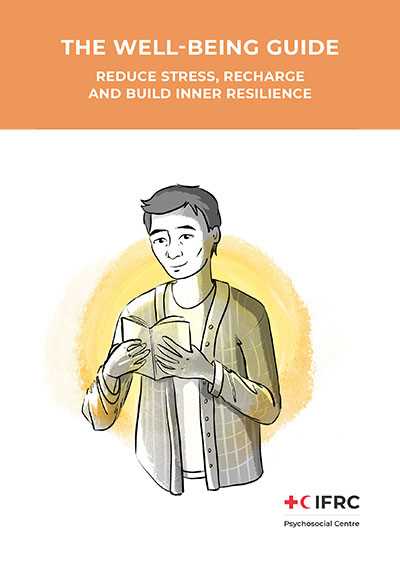
Building stress resilience among workers in the humanitarian field is crucial due to the numerous sources of stress they encounter on a daily basis. These sources can vary depending on the specific context and nature of the work, but there are some common stressors that are frequently experienced by humanitarian workers.
- Exposure to traumatic events: Humanitarian workers often witness or directly experience traumatic events such as natural disasters, conflicts, and epidemics. The emotional toll of witnessing suffering and loss can be significant and contribute to high levels of stress.
- High workload and long hours: Humanitarian work is often demanding, with workers facing tight deadlines, heavy workloads, and the need to work long hours. This can lead to exhaustion and burnout, further exacerbating stress levels.
- Uncertainty and unpredictability: Humanitarian work is characterized by constant change and uncertainty. Workers may face challenges such as changing security situations, logistical difficulties, and unpredictable work environments. Dealing with these uncertainties can be stressful and require adaptability.
- Limited resources and funding constraints: Humanitarian organizations often operate with limited resources and face funding constraints. This can create additional stress for workers who must find ways to deliver effective assistance with limited means.
- Isolation and separation from loved ones: Humanitarian work often requires workers to be away from their families and support networks for extended periods of time. This separation can be emotionally challenging and contribute to feelings of isolation and stress.
- Organizational and bureaucratic challenges: Humanitarian organizations may have complex structures and bureaucratic processes that can be frustrating and time-consuming for workers. Dealing with administrative tasks and navigating organizational hierarchies can add to the stress of the job.
Recognizing and addressing these common sources of stress is essential for building stress resilience among humanitarian workers. By providing support, resources, and training to effectively cope with these stressors, organizations can help their workers maintain their well-being and continue their vital work in challenging environments.
Recognizing the Signs of Stress in Yourself and Others

Building stress resilience is crucial for humanitarian workers, as they often face high-pressure situations and demanding work environments. One important aspect of developing resilience is recognizing the signs of stress, both in yourself and others.
Stress can manifest itself in various ways, and being able to identify these signs is essential for taking appropriate action. Some common signs of stress among humanitarian workers include:
| Physical Signs | Emotional Signs | Behavioral Signs |
| Headaches | Increased irritability | Changes in sleep patterns |
| Fatigue | Feeling overwhelmed | Withdrawal from social activities |
| Muscle tension | Anxiety or panic attacks | Increased use of alcohol or drugs |
| Digestive problems | Depression | Procrastination or avoidance |
| Increased heart rate | Mood swings | Difficulty concentrating |
Recognizing these signs can help you take proactive steps to manage stress and prevent it from negatively impacting your well-being. It is also important to be aware of these signs in others, as they may not always be able to recognize them in themselves.
If you notice signs of stress in a colleague or team member, it is important to approach the situation with empathy and support. Encourage open communication and provide resources for stress management, such as counseling services or self-care techniques.
By recognizing the signs of stress in yourself and others, you can take steps to build resilience and create a healthier work environment for everyone involved in humanitarian efforts.
Section 2: Strategies for Building Stress Resilience
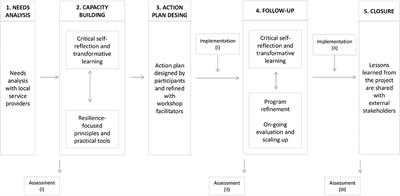
Building resilience is crucial for humanitarian workers, as they often face high levels of stress in their demanding roles. By implementing effective strategies, individuals can enhance their ability to cope with stress and maintain their well-being.
1. Self-care: Prioritizing self-care is essential for building stress resilience. This includes taking regular breaks, engaging in activities that bring joy and relaxation, and ensuring adequate rest and sleep.
2. Social support: Cultivating a strong support network is vital for managing stress. Connecting with colleagues, friends, and family can provide emotional support, a sense of belonging, and opportunities for sharing experiences and coping strategies.
3. Mindfulness: Practicing mindfulness techniques, such as meditation or deep breathing exercises, can help individuals stay present and focused, reducing stress and promoting overall well-being.
4. Time management: Developing effective time management skills can reduce stress by prioritizing tasks, setting realistic goals, and avoiding overcommitment. Breaking tasks into smaller, manageable steps can also help alleviate feelings of overwhelm.
5. Physical activity: Engaging in regular physical activity, such as exercise or yoga, can release endorphins, improve mood, and reduce stress levels. Finding activities that are enjoyable and manageable is key to incorporating physical activity into a busy schedule.
6. Cognitive reframing: Reframing negative thoughts and adopting a more positive mindset can build resilience in the face of stress. Challenging negative self-talk and focusing on strengths and accomplishments can help individuals maintain a resilient mindset.
7. Seeking professional support: Recognizing when additional support is needed is crucial. Seeking assistance from mental health professionals or employee assistance programs can provide valuable guidance and resources for managing stress and building resilience.
By implementing these strategies, humanitarian workers can effectively build stress resilience, enabling them to thrive in their challenging roles and maintain their well-being.
Self-Care Practices for Humanitarian Workers
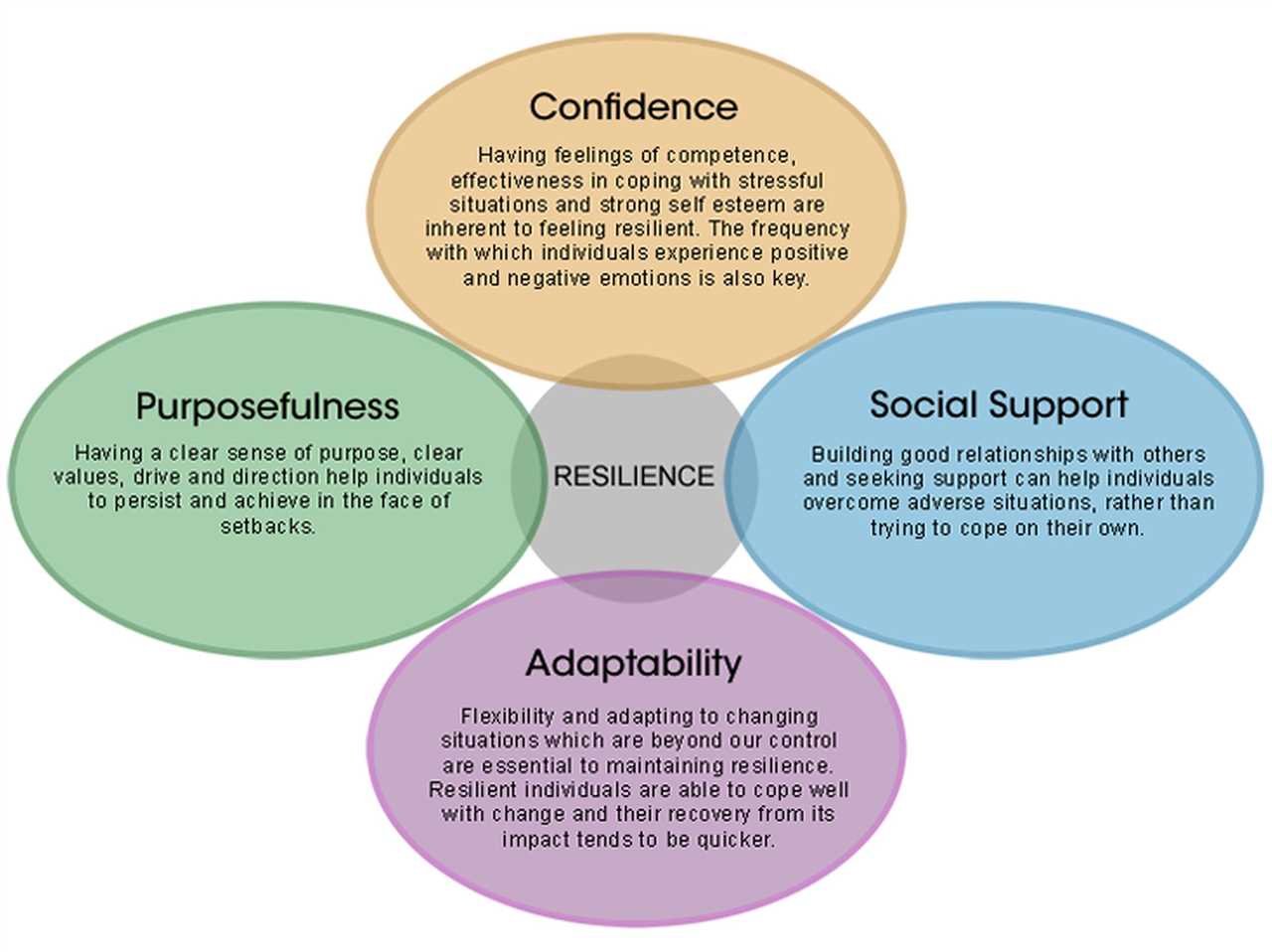
Being a humanitarian worker can be incredibly rewarding, but it can also be incredibly stressful. The nature of the work often involves witnessing and responding to traumatic events and working in challenging environments. In order to effectively support others, it is important for humanitarian workers to prioritize their own well-being and practice self-care.
There are several self-care practices that can help humanitarian workers manage stress and build resilience:
1. Prioritize physical health: Taking care of your physical health is crucial for managing stress. Make sure to eat a balanced diet, exercise regularly, and get enough sleep. Engaging in physical activities you enjoy can also help you relax and recharge.
2. Practice mindfulness: Mindfulness involves being fully present in the moment and accepting it without judgment. Engaging in mindfulness exercises, such as meditation or deep breathing, can help you reduce stress and increase your resilience.
3. Seek social support: Connecting with others who understand the unique challenges of humanitarian work can provide a valuable source of support. Reach out to colleagues, join support groups, or participate in peer supervision sessions to share experiences and learn from others.
4. Engage in hobbies and activities: Engaging in activities you enjoy can help you relax and take your mind off work-related stress. Whether it’s reading, painting, playing a musical instrument, or participating in sports, find activities that bring you joy and make time for them regularly.
5. Set boundaries: It’s important to set boundaries between work and personal life to prevent burnout. Establish clear work hours and try to disconnect from work during your time off. Prioritize self-care activities and make time for relaxation and rejuvenation.
6. Practice self-compassion: Be kind and compassionate towards yourself, especially during challenging times. Acknowledge your efforts and achievements, and don’t be too hard on yourself when things don’t go as planned. Treat yourself with the same care and understanding you would offer to others.
7. Take breaks: It’s essential to take regular breaks throughout the day to recharge and refocus. Step away from your work environment, go for a walk, do some stretching exercises, or engage in activities that help you relax and clear your mind.
By incorporating these self-care practices into your daily routine, you can better manage stress and build resilience as a humanitarian worker. Remember, taking care of yourself is not selfish; it’s necessary for your well-being and your ability to continue making a positive impact in the lives of those you serve.

I am Patrina de Silva, a psychologist and mental health blogger in Sri Lanka. After obtaining psychology degrees from the University of Colombo and Monash University, I returned home to work as a counselor while also starting the popular blog “Pressy but Happy” to provide advice on psychological issues. Over the past decade, my empathetic articles have made my blog a leading mental health resource in the country. In addition to writing, I maintain a private therapy practice, frequently volunteer counseling time, and conduct seminars, driven by my passion for destigmatizing mental illness and educating the public on the mind-body connection. I strive to be an influential voice in my field through my compassionate approach.
